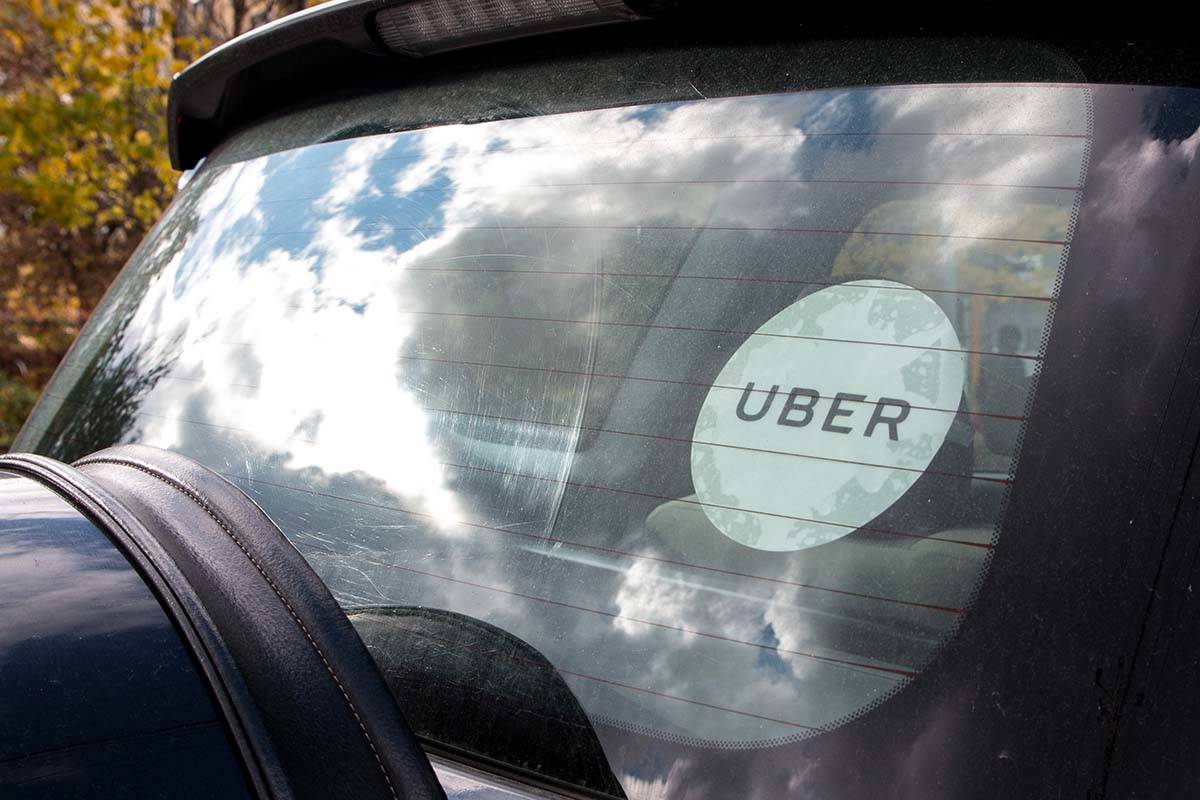MEGAN McARDLE: If you want a big government, you need to nurture a big economy
We’re still picking through election results, sorting out winners and losers, trying to figure out what lessons are buried in the vote totals. But one winner is already clear: Uber, Lyft and the rest of the “gig economy” — workers and companies alike. California voters gave all of them a last-minute reprieve from a law that would have functionally outlawed many such businesses.
But these weren’t the only winners; California voters also saved the state from itself. This is something they’ll have to keep doing if they want the Golden State to remain one of the country’s most dynamic and successful areas.
On Election Day, Californians approved Proposition 22, which overruled a law, known as AB5, passed last year after heavy lobbying by unions. AB5 mandated that all gig-economy firms — and a host of other businesses that frequently use independent workers, those as varied as American Sign Language interpreters to freelance writers — must hire those workers as employees rather than contractors. Companies would have had to guarantee these workers the minimum wage and fringe benefits, as well as complying with California’s continually expanding workplace regulations (which include mandatory lunch breaks and comfortable chairs).
The hefty overhead all this entailed would have made it effectively impossible for gig-economy firms to operate on a “work whenever you feel like it” business model, leaving companies with two choices: switch to a more conventional business model, with scheduled shifts and minute supervision, or pull out of the state. Neither option, of course, made workers obviously better off. Many companies were exiting the state, or preparing to, when voters intervened to save the goose that’s been laying all those pretty golden eggs.
Attacking the very businesses that made the state so successful has become something of a pattern in California, which is regularly voted one of the worst states to do business in because of its high tax rates, burdensome regulations, astronomical electricity costs and elevated cost of living.
Even before the pandemic, California was bleeding businesses to friendlier climes.
California has also been bleeding residents, as people follow companies, or simply hit the road to places with a lower cost of living. In 2019, California had the second-worst rate of outmigration in the country; even on a per capita basis, it was among the nation’s worst at attracting residents from other states.
And then came COVID-19, which has converted Silicon Valley, the state’s richest and most productive industry, to the joys of remote working.
Rents in Los Angeles are down 6 percent since the pandemic hit; in San Francisco, rents are down more than 30 percent. In many ways, that’s good news because falling rents suggest some easing of the housing shortage that has long plagued California cities as booming demand hoovered up a supply tightly constricted by environmental and zoning regulations. But this also represents a giant threat to the state economy, because Silicon Valley’s dominance of the tech industry comes from what economists call “agglomeration effects”: the spillover benefits of having so many workers and firms packed into a small geographic area, where plentiful expertise makes it easier to launch new projects; where plentiful projects make it easier to find a new job if your last experiment didn’t work out; and where all those innovative ideas are constantly cross-fertilizing each other through professional and social networks.
If more workers move elsewhere, those agglomeration effects will no longer be so large — and the costs of California’s overbearing government may loom larger in the minds of many business owners.
This would be a good time for California’s government to moderate, finding ways to make itself more appealing to the businesses that create jobs and sustain the state’s enviably productive economy (which, ultimately, supports its large, expensive government). California Democrats, who have a supermajority in the Legislature, didn’t see it that way. And so it fell to voters to overrule their legislators.
Proposition 22 wasn’t the only victory for common sense; state voters also rejected Proposition 15, which would have increased commercial property taxes. They also voted down yet another attempt to intensify rent controls — a policy once described as the most effective way to destroy urban housing stock short of aerial bombardment.
This doesn’t mean that California is turning conservative. But all this shows that the electorate understands what the elected can’t seem to grasp: If you want a big, bold government, you need to nurture a big, successful economy that can afford to pay for it.
Follow Megan McArdle of The Washington Post on Twitter, @asymmetricinfo.

















